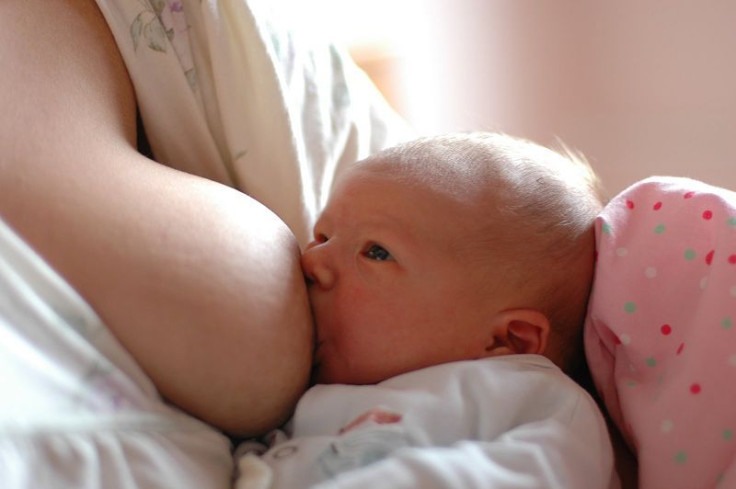Breastfeeding Longer May Help Reduce HIV Transmission

An expecting mother with HIV-1 is embroiled in a position when their child is born and whether they should naturally breast feed or take necessary steps to avoid transmission.
Mother -to-child transmission occurs when an HIV positive mother transfers the virus to her infant during pregnancy, delivery or breastfeeding. The World Health Organization estimates the transmission rate is between 15 and 45 percent when no steps are taken toward intervention.
A study conducted in Lusaka, Zambia analyzed what the changes to breast feeding methods could mean for the levels of HIV in mother's breast milk.
The Centers for Disease Control and Prevention stresses that HIV positive mothers should never breast feed under any circumstance.
A team of researchers headed by Louise Kuhn, an associate professor of epidemiology at Columbia University, followed 958 sets of HIV positive women and their children for two years.
"Most infants born to HIV-positive mothers do not acquire infection, even in the absence of any interventions," Zuhn stated.
"We are conducting studies of possible immunologic and genetic factors that might explain this protection against infection observed in some of these at risk children. Better understanding of these processes may assist with the development of vaccines against HIV."
Half of the women were asked to wean off breast feeding at four months and the other half were asked to continue as long as they felt necessary. At the four and half month point all the women's breast milk was tested and their children were monitored for the presence of HIV.
According to the group's findings, 40 percent of the women who continued to breast feed through the four and half months produced substantially lower HIV levels in their breast milk compared to 77 percent of the women who stopped breast feeding at four months.
Researchers concluded that women who stop breast feeding early and add other foods and drinks to their child's diet produce breast milk with heavier concentrations of HIV levels. They are confident that the hormonal changes in a woman's body when she stops breast feeding can flood the milk with HIV levels.
This study was published in Wednesday's edition of Science Translational Medicine.
Published by Medicaldaily.com



























